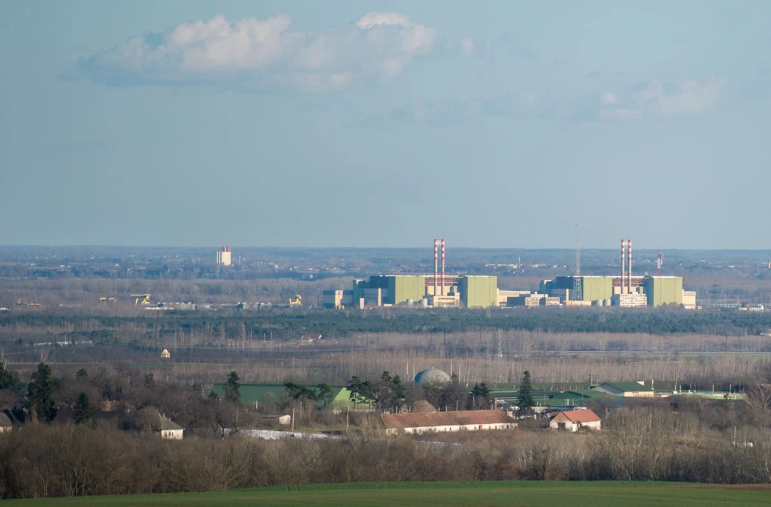
A 2001 decree from the Ministry of the Environment in Hungary stated that water used to cool the Paks plant cannot exceed a temperature of 30°C within 500m downstream of the discharge point.
At the measuring point along the Danube, from which the Paks cooling water is drawn, the temperature was measured at 29.72°C. As such, three of the plant’s four blocks lowered operating capacity by a total of 240MW. There is no statement on when power generation will return to normal levels.
It comes after Europe has been hit with a heatwave that has seen 40°C temperatures across the Balkans. In Hungary, 14 counties were issued with warnings for high temperatures between 30°C and 36°C last week.
Hungary is the second nation this week to close nuclear plants after French nuclear operator EDF stated that at least two of its plants would be shuttered due to high temperatures. EDF said that available power supply from the Bugey nuclear plant would be halved from 3.6GW to 1.8GW, and from 2.6GW to 1.3GW at its Sant Alban plant, from 16 July.
For the time being, Paks is Hungary’s only operational nuclear power plant. It is, however, set to have two reactors added to it in an expansion project. In April the country’s foreign minister, Péter Szijjártó, announced a deal with Russia’s Rosatom to add two nuclear reactors to the facility for an estimated $13.2bn (€12bn). The pair of water-water energy reactors (VVERs) reactors will each carry a productive capacity of 1.2GW. These will more than double the Paks plant’s current 2GW output, with its four current VVERs generating around 500MW each. The four original reactors are expected to be retired in the mid-2030s.